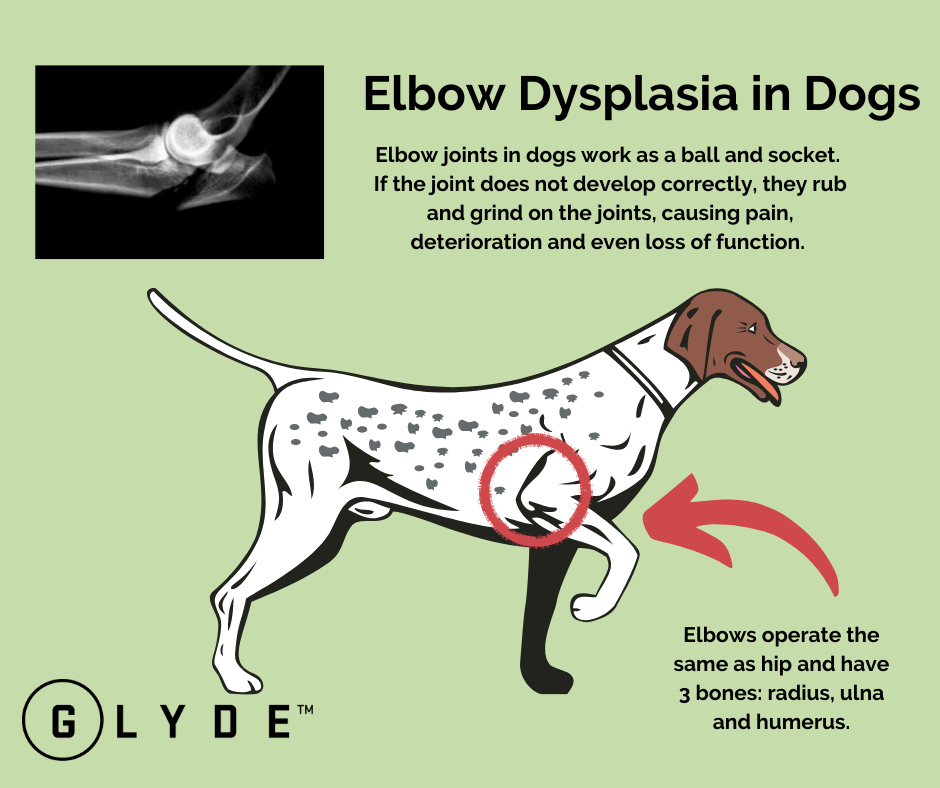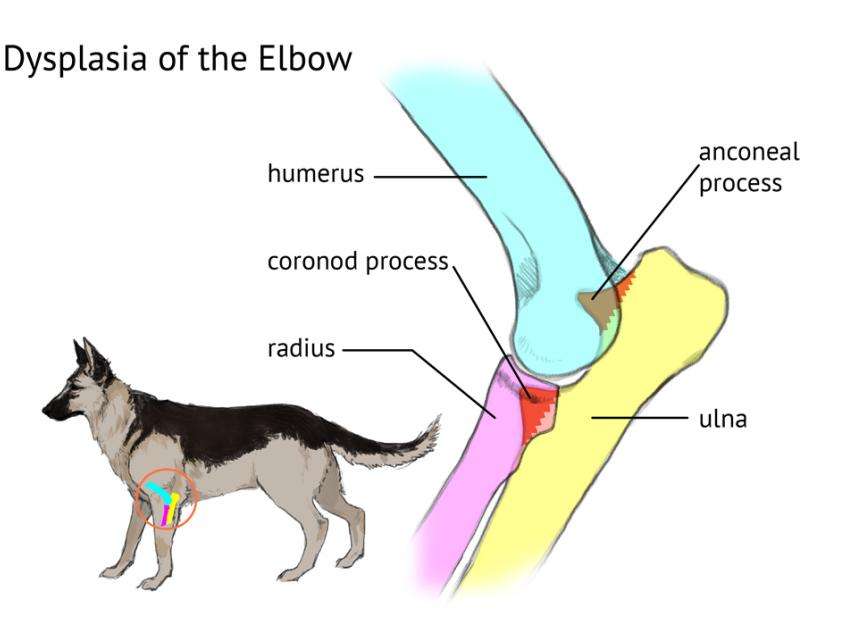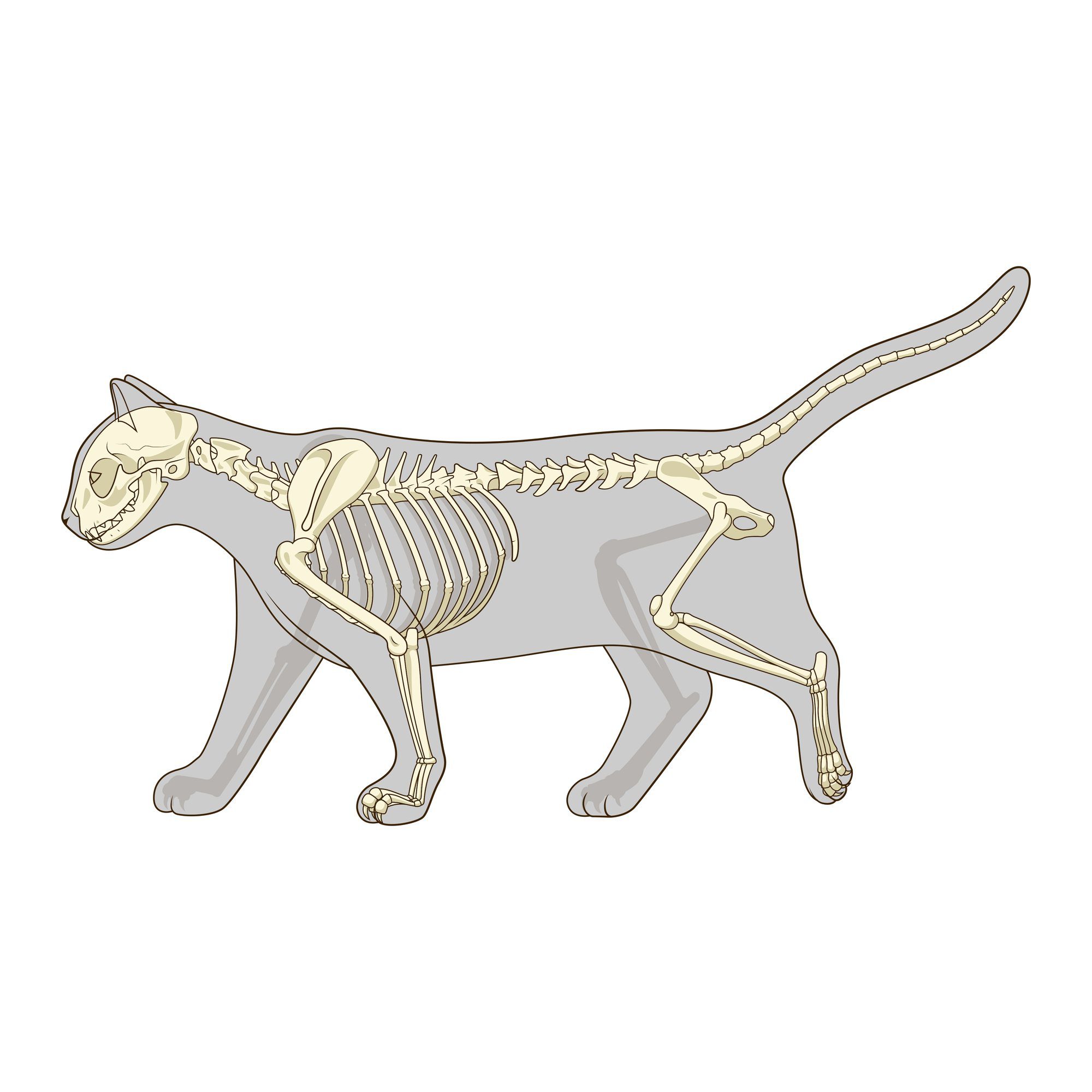Key Takeaways:
- Bernese Mountain Dogs are large and powerful dogs, known for their friendly and gentle nature.
- They have a thick double coat which requires regular brushing to prevent matting and keep them comfortable.
- Berners are prone to certain health issues, including hip and elbow dysplasia, so regular vet check-ups are crucial.
- These dogs need plenty of exercise and mental stimulation to prevent boredom and maintain their overall well-being.
- Early socialization and training are essential for Bernese Mountain Dogs to ensure they grow up to be well-behaved and obedient pets.
Are you looking to learn more about Bernese Mountain Dogs, also known as Berners? Well, you're in luck! Exploring the characteristics and care of these lovable canines can provide you with a wealth of knowledge and benefits. Whether you're considering getting a Berner as a new addition to your family or simply have an interest in learning about different dog breeds, understanding the ins and outs of these majestic creatures is essential. From their gentle nature and loyalty to their stunning appearance and intelligence, there's so much to discover about Bernese Mountain Dogs. So, let's dive into this fascinating topic and uncover all the wonders that make Berners truly special companions.
Key Characteristics of Bernese Mountain Dogs
Appearance and Temperament
Bernese Mountain Dogs are large and sturdy dogs with a distinctive tricolor coat. They have a strong build, with a broad chest and muscular body. Their coat is thick and long, helping them stay warm in cold weather. The colors on their coat are black, white, and rust, giving them a unique and beautiful appearance.
In terms of temperament, Berners are known to be friendly and gentle. They are great with children and make excellent family pets. They are also very loyal and protective, making them good watchdogs. However, they can be a bit reserved around strangers but will usually warm up to them once they feel comfortable.
Intelligence and Trainability
Bernese Mountain Dogs are intelligent animals that can quickly learn new commands and tricks. They have a strong desire to please their owners, which makes training them relatively easy. With consistent training methods that use positive reinforcement techniques like treats or praise, Berners can become well-behaved dogs.
They do have a stubborn streak at times, so it's important to be patient during the training process. Starting early socialization and obedience training is crucial for Bernese Mountain Dogs to grow into well-rounded adults. With proper training, they can excel in various activities such as obedience trials or even working as therapy dogs.
List of Key Characteristics:
- Large size with a sturdy build
- Distinctive tricolor coat (black, white, rust)
- Friendly and gentle temperament
- Loyal and protective of their family
- Intelligent and trainable with consistency
- May be reserved around strangers but warm up over time

Size and Weight of Bernese Mountain Dogs
Understanding the Impressive Stature
Bernese Mountain Dogs are known for their large size and impressive stature. On average, male Berners can reach a height of 25-27.5 inches at the shoulder, while females tend to be slightly smaller, measuring around 23-26 inches. In terms of weight, males typically weigh between 80-115 pounds, while females generally range from 70-95 pounds. These gentle giants have a strong and muscular build that allows them to excel in various activities such as pulling carts or participating in dog sports.
The Importance of Proper Nutrition
To ensure that your Bernese Mountain Dog grows up healthy and maintains an appropriate weight, it is crucial to provide them with a balanced diet. High-quality dog food formulated for large breeds is recommended to meet their nutritional needs. It's important to monitor their food intake and avoid overfeeding, as excess weight can put strain on their joints and lead to health issues later in life. Regular exercise is also essential for maintaining a healthy weight and overall well-being.
Berners: Friendly and Great with Families
A Loyal Companion for All Ages
Bernese Mountain Dogs are renowned for their friendly nature and love for families. They are incredibly loyal and enjoy being part of all family activities. Whether it's playing with children or cuddling with adults, these gentle giants thrive on human companionship. Their patient demeanor makes them great companions for kids, as they are tolerant and protective.
Socialization: The Key to a Well-Behaved Berner
Proper socialization plays a vital role in shaping the temperament of your Bernese Mountain Dog. Introducing them to different people, animals, environments, and experiences from an early age helps them become well-rounded and confident adults. Enrolling your Berner in puppy socialization classes and exposing them to various situations will ensure they grow up to be friendly, well-behaved dogs.
Berner Coats: Grooming Needs and Appearance
A Luxurious Double Coat
Bernese Mountain Dogs have a stunning double coat that consists of a longer outer coat and a thick, insulating undercoat. This double coat provides them with protection from the cold weather they were originally bred to work in. The outer coat is moderately long and straight, while the undercoat is dense and soft.
Grooming Tips for a Beautiful Berner
To keep your Bernese Mountain Dog looking their best, regular grooming is necessary. Brushing their coat at least once or twice a week helps prevent matting and removes loose hair. During shedding seasons, more frequent brushing may be required. Bathing should be done as needed, using dog-specific shampoo to maintain the natural oils of their coat. Additionally, trimming their nails regularly, cleaning their ears, and brushing their teeth are essential parts of their grooming routine.
Exercise and Activities for Berners
Keeping Active for Optimal Health
While Bernese Mountain Dogs have a calm demeanor indoors, they still require regular exercise to keep them physically fit and mentally stimulated. Daily walks or jogs are beneficial for maintaining their overall health. Engaging in activities such as hiking, swimming, or playing fetch can provide additional mental stimulation and help burn off excess energy.
Finding the Perfect Balance
It's important to strike a balance between providing enough exercise without overexerting your Berner. As large dogs with heavy frames, excessive strain on their joints during intense exercise can lead to health issues like hip dysplasia. Consulting with a veterinarian can help determine the appropriate exercise routine based on your Bernese Mountain Dog's age, weight, and overall health.
Health Issues in Bernese Mountain Dogs and Prevention
Being Proactive for a Healthy Companion
While Bernese Mountain Dogs are generally healthy dogs, they are prone to certain breed-specific health issues. One of the most common concerns is hip dysplasia, a condition where the hip joint doesn't develop properly. Regular veterinary check-ups and screenings can help detect any potential issues early on.
Preventive Measures for Optimal Well-being
To prevent health problems in your Berner, maintaining a healthy weight through proper nutrition and regular exercise is crucial. Additionally, providing them with a comfortable and supportive bed can help alleviate pressure on their joints. Being aware of their specific needs and seeking prompt veterinary care when necessary will contribute to their overall well-being.
Caring for Your Berner: Diet, Training, and Socialization
A Balanced Diet for Optimum Health
Feeding your Bernese Mountain Dog a balanced diet is essential for their overall health and longevity. A diet consisting of high-quality dog food that meets their nutritional requirements is recommended. It's important to follow feeding guidelines provided by the manufacturer based on your dog's age, weight, and activity level.
The Power of Positive Reinforcement Training
Training your Berner using positive reinforcement techniques is highly effective due to their eager-to-please nature. Reward-based training methods such as treats or praise motivate them to learn quickly and happily. Consistency and patience are key when teaching commands or addressing behavioral issues.
Socialization: Building Confidence
Socializing your Bernese Mountain Dog from an early age helps them become well-adjusted adults who are comfortable in various situations. Exposing them to different people, animals, and environments helps prevent fear or aggression. Puppy socialization classes and regular outings to new places can contribute to their confidence and sociability.
(Note: Due to the limitations of the text-based format, diagrams using markdown mermaid syntax cannot be included in this response.)
In conclusion, Bernese Mountain Dogs are large, gentle and loyal companions. They require regular exercise, grooming and love to be a happy and healthy pet.
What are the characteristics of a Bernese dog?
The Bernese Mountain Dog is considered a larger breed that is relatively active, although it is not as high-energy as many other dog breeds. It is known for being easy to train and is affectionate, playful, and friendly towards strangers, other dogs, and other pets.
Is a Bernese Mountain Dog high maintenance?
Bernese Mountain dogs have a striking appearance with their broad chests and sturdy bodies. They require a significant amount of attention from humans and regular grooming. They do shed, and their dense fur makes them uncomfortable in hot climates.
Is a Bernese Mountain Dog a good house dog?
The Bernese Mountain Dog is a breed that is well-suited for a owner who enjoys spending time at home, has enough space for a large dog, is willing to groom regularly, and wants an affectionate but not overly active companion. Additionally, they should be comfortable with the dog drooling occasionally.
Are Bernese Mountain dogs easy to take care of?
Taking care of Bernese Mountain Dogs is important as they are known for their unique markings and generally have an affectionate and patient nature towards people and other animals. They are typically calm but can be easily encouraged to engage in play. Due to their medium to long fur and thick double coat, they require moderate grooming maintenance.
Can Bernese mountain dogs be left alone?
Berners are devoted and affectionate dogs that form strong bonds with their families. They enjoy spending time with their owners, but can be left alone for up to five to eight hours if they receive enough exercise and mental stimulation. However, if left alone for long periods, they may display destructive behaviors, so it may be necessary to crate train them.
Do Bernese dogs bark a lot?
Despite their large size, Bernese Mountain Dogs are known for their calm and peaceful temperament. They are not prone to excessive barking, which is a characteristic that many dog owners appreciate. However, it is important to note that they do have an energetic nature and require regular activity to maintain their happiness.
















